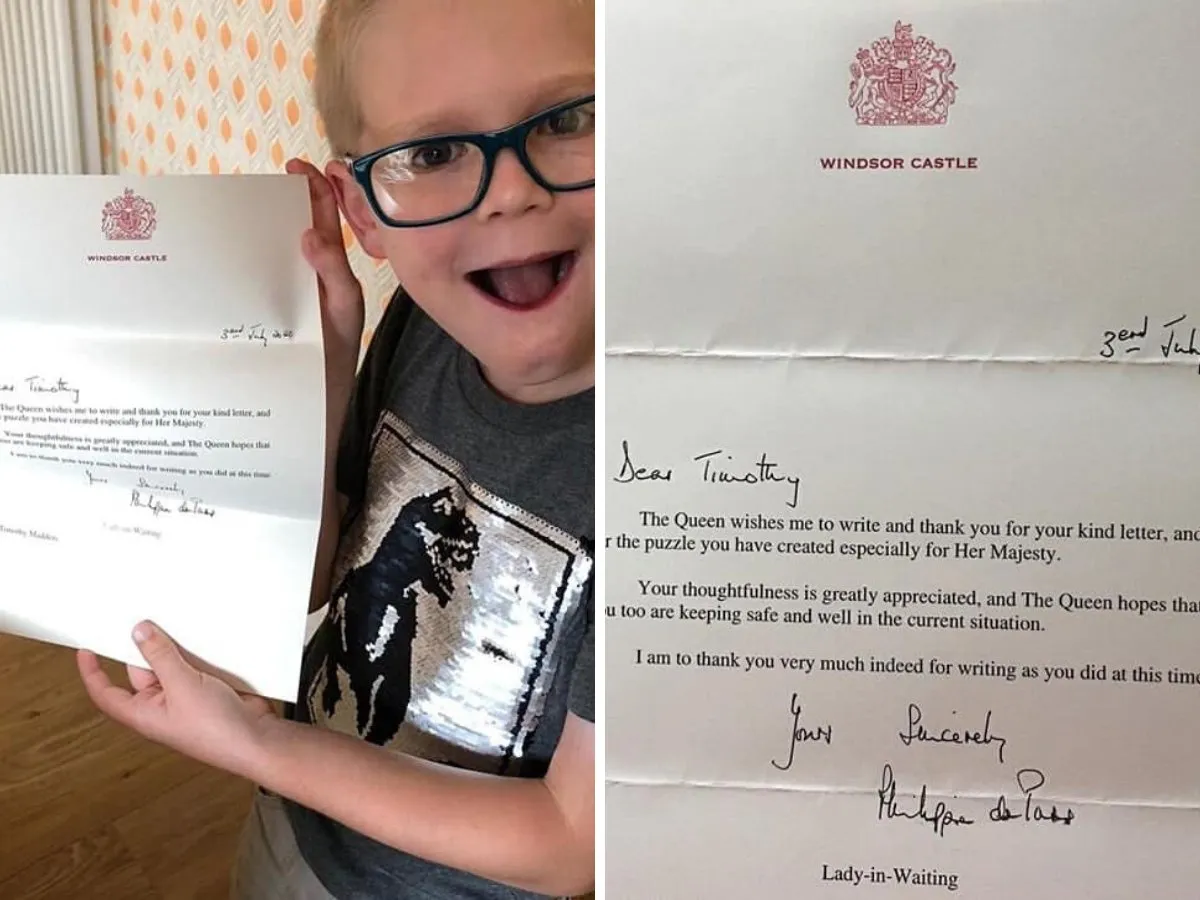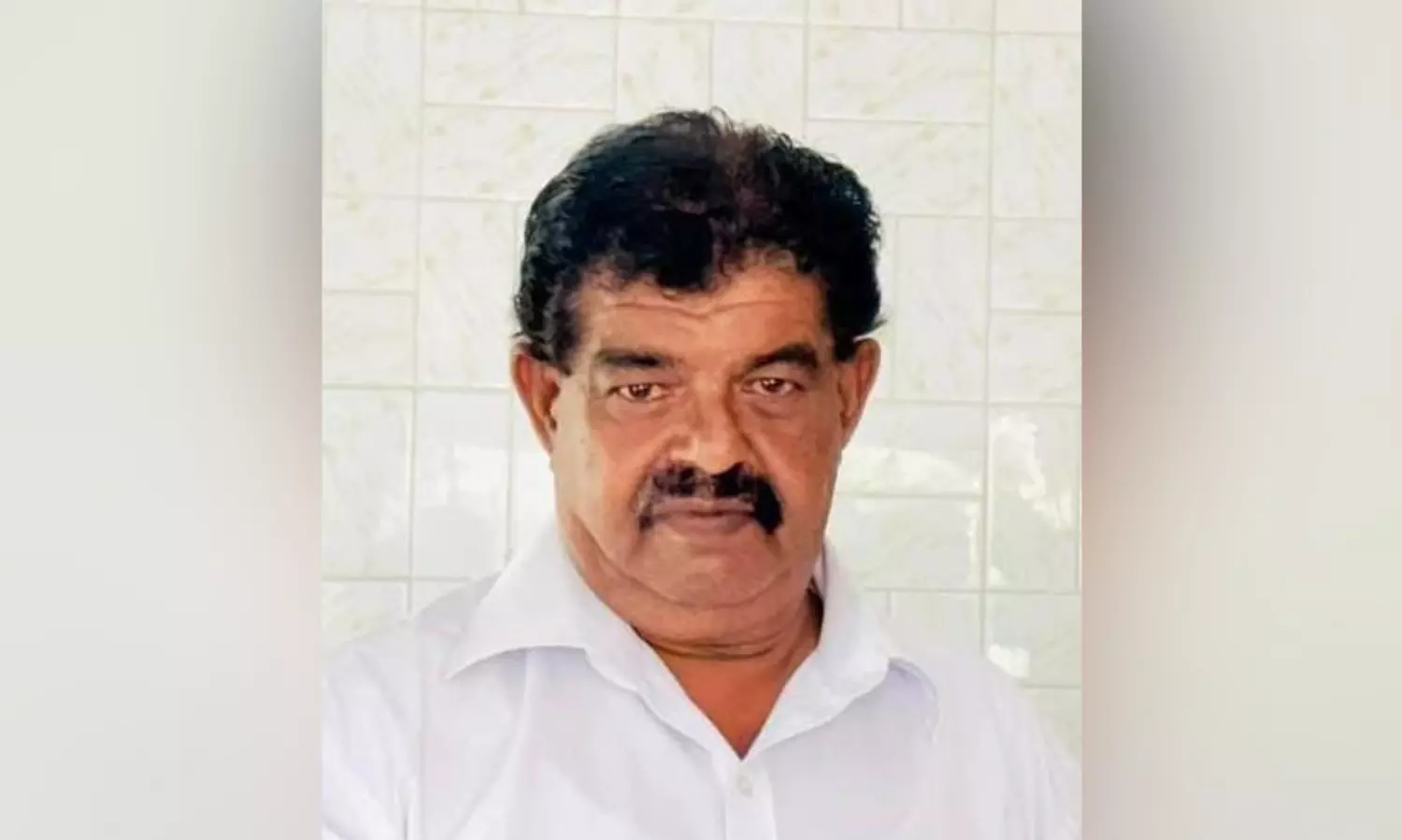The man who helped her up the tree, then stood guard at the foot of the tree all through the night and finally helped her down next morning as Queen Elizabeth II of England, was none other than Jim Corbett.
Here is an extraordinary tale of a Princess who climbed up a tree-top machan in Kenya but by a dramatic turn of event when she came down the next morning she had become a Queen.
The man who helped her up the tree, then stood guard at the foot of the tree all through the night and finally helped her down as Queen Elizabeth II of England, was none other than Jim Corbett.
Born on July 25, 1875, to British parents in the picturesque hill town of Naini Tal in colonial India, Jim Corbett earned fame and renown as India’s greatest hunter or ‘Shikari’. The Jim Corbett National Park in Naini Tal district of Uttarakhand, was set up in his memory. Corbett spent the latter years of his life in Kenya where he died on 19 April, 1955.
Besides being an intrepid shikari in the deep jungles of India’s Kumaon region, Corbett was also a master story-teller. Some of his famous novels like “The Man eaters of Kumaon” and “Leopard of Rudraprayag” recapture in vivid detail the thrill and adventure of the hunt.
Corbett wrote in detail the events leading to the historic and climactic events of how a Princess climbed down a tree as Queen of the British Empire in his sixth and last book, “Tree Tops”.
Here is a portion excerpted from the book that recorded that epoch-making event for posterity:
For the first time in history, a young girl climbed a tree one day as a Princess and descended from it the following day as a Queen. The eye-witness who stood guard in the forest was from Nainital, India – Jim Corbett.
70 years ago, in 1952, Princess Elizabeth travelled to Kenya’s jungle with her husband Prince Philip and spent the night in a secluded treehouse (machan) situated deep within the forest.
Back in the 1930s, a two-room treehouse on a massive 300-year-old fig tree was built in Nyeri, Kenya, as an auxiliary building to the Outspan Hotel when decorated soldier Eric Sherbrooke Walker decided to build one for his lovely wife. Thus the Treetop hotels started their journey.
At that time, another remarkable gentleman was residing in the cottages of this Kenyan forest. The oldest and arguably most famous national park in Uttarakhand, India was named after him – Jim Corbett, the legendary hunter-naturalist.
The Princess invited him to accompany them to the Treetops.
Jim spent the day with the Princess and Royal party in the tree house. While she observed and filmed elephants and rhinos on her camera, he spoke to the Prince about the Abominable Snowman, and expressed his concern for the King’s failing health.
At night, the Princess went to sleep, and Corbett went down to the foot of the 30-foot-ladder. He was ready to guard the Princess through the dark, silent night.
But something was happening in London. And the pages of history were in the process of adding a new and extraordinary chapter in the annals of British monarchy and the vast expanse of its global Empire, Pax Britannica. While Princess Elizabeth was sleeping in the treehouse in Kenya, her father King George VI passed away in the middle of the night.
Unaware of what happened that night, the Princess started filming rhinos again, had her breakfast and returned to the royal lodge where she was informed about the news.
Corbett wrote in the visitors’ book – “For the first time in the history of the world, a young girl climbed on to a tree one day a Princess and, after having what she described as her most thrilling experience, she climbed down from the tree next day a Queen – God bless her”
Edward James Corbett CIE VD (25 July 1875 – 19 April 1955) was a British hunter, tracker, naturalist, and author who hunted a number of man-eating tigers and leopards in the Indian subcontinent.
Later he came to be better known by his pen-name “Jim Corbett”, “Jim” being a contraction of his middle name, ‘James’. He has written a series of exciting, real-life stories of his hunting exploits and adventures.
He held the rank of colonel in the British Indian Army and was frequently called upon by the Government of the United Provinces of Agra and Oudh, now the Indian states of Uttar Pradesh and Uttarakhand, to kill man-eating tigers and leopards that were preying on people in the nearby villages of the Kumaon–Garhwal regions.
Jim Corbett was the eighth child of Christopher William Corbett and his wife Mary Jane (née Prussia).His parents had moved to Naini
Tal in 1862 after Christopher Corbett had quit military service and been appointed the town’s post-master. Here he spent a happy childhood along with his 15 siblings.
In winters, the family would move to the foothills of the Himalayas, where they owned a cottage named “Arundel” in the village now known as Kaladhungi, in Naini Tal.
The home still stands today as a befitting memorial to Jim Corbett, maintained previously by the Tourism Department of the UP Government and now under the care of the Uttarakhand state administration. I had the good fortune to visit the place as a Senior Reporter for The Pioneer, Lucknow, in 1985, many years before Uttarakhand was carved out of Uttar Pradesh. ,
,
In pre-Independent India, the capital of Uttar Pradesh would shift from Lucknow to Naini Tal for three months to escape the worst of the long, gruelling summer.
After 1947, Corbett and his sister Maggie retired to Nyeri, Kenya, where he lived in the cottage ‘Paxtu’ on the grounds of the Hotel Outspan, which had originally been built for his friend Lord Baden-Powell.
He continued to write and sound the alarm about the declining numbers of wild cats and other wildlife. Corbett was at the Treetops, a hut built on the branches of a giant ficus tree, as the bodyguard of Princess Elizabeth when she stayed there on 5–6 February 1952. That night, her father, King George VI died, and Elizabeth ascended to the throne.
*********************************************************************
Readers
These are extraordinary times. All of us have to rely on high-impact, trustworthy journalism. And this is especially true of the Indian Diaspora. Members of the Indian community overseas cannot be fed with inaccurate news.
Pravasi Samwad is a venture that has no shareholders. It is the result of an impassioned initiative of a handful of Indian journalists spread around the world. We have taken the small step forward with the pledge to provide news with accuracy, free from political and commercial influence. Our aim is to keep you, our readers, informed about developments at ‘home’ and across the world that affect you.
Please help us to keep our journalism independent and free.
In these difficult times, to run a news website requires finances. While every contribution, big or small, will makes a difference, we request our readers to put us in touch with advertisers worldwide. It will be a great help.
For more information: pravasisamwad00@gmail.com











